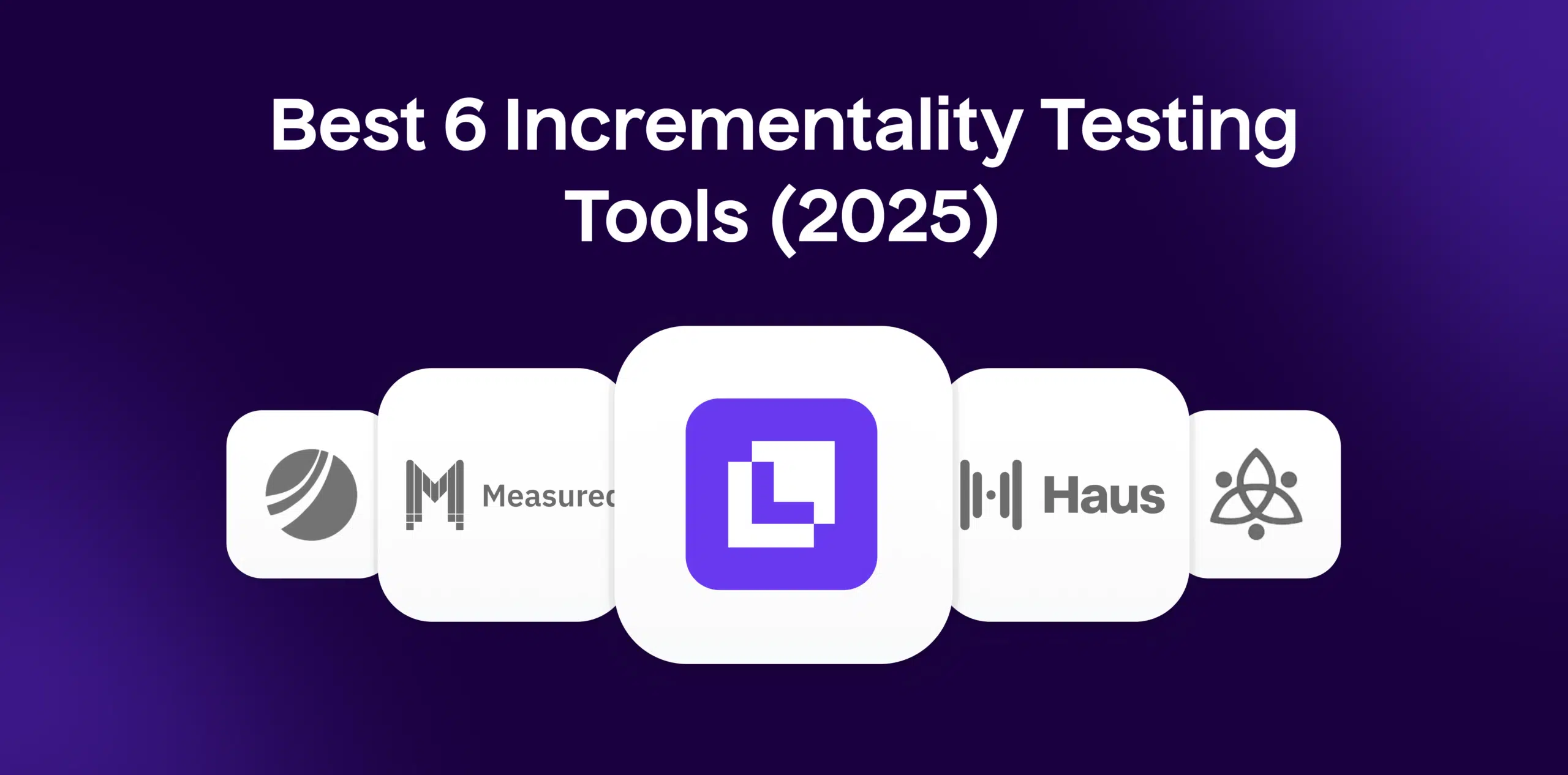What is Differential Privacy?
Differential Privacy (DP) is a statistical technique that guarantees the privacy of individuals within a particular dataset. It is designed to offer sophisticated privacy guarantees while maintaining the power of aggregate-data analysis. Adopted by tech giants, including Google and Apple, this concept has become a gold standard in the field of data science and statistics.
The core principle behind DP is that the removal or addition of a single database entry doesn’t significantly impact the result of any distinct function computed over the database. It aims to achieve a balance between privacy and accuracy in the dissemination of statistical data. Differential Privacy leverages randomness to add noise to the data, hence ensuring data privacy.
Formula
The differential privacy technique often incorporates the Laplace mechanism, which is dependent on formula, |f(x)−f(y)| ≤ 1.
It involves picking a random variable from a Laplace distribution with mean 0, dependent on sensitivity and privacy parameter, and adding it to the result.
Example
Let’s say an ecommerce company wants to determine the average purchase amount among a pool of buyers without revealing any buyer’s individual purchase history. DP would allow the company to add “noise” to the raw data, alter individual data points, and thus keep identities private, but still yield a statistically accurate average.
Why is Differential Privacy important?
With the increasing centrality of big data in ecommerce, privacy is a paramount concern. DP allows businesses to glean insights from vast datasets without violating individuals’ privacy. It prevents ‘re-identification,’ wherein identities are deduced from supposedly anonymised data.
Which factors impact Differential Privacy?
Improvements can be achieved through advancements in noise-adding techniques and by defining more sophisticated privacy budgets. Also, the increasing embrace of homomorphic encryption, privacy amplification, and privacy by design approaches can contribute to optimizing differential privacy.
How can Differential Privacy be improved?
The primary factor is the ‘privacy budget’ that determines the level of noise added to data, thus affecting data quality. Larger datasets typically ensure better privacy without significant accuracy loss. Additionally, consistency in data syntactic and semantic rules also influence the effectiveness of differential privacy.
What is Differential Privacy’s relationship with other metrics?
Differential Privacy comes into play with any ecommerce metric involving data aggregation. Whether it’s customer segmentation, cart abandonment rate, conversion rate, or average order value, implementing DP can help retain individual customer privacy while analyzing the compiled data.
Free essential resources for success
Discover more from Lifesight














